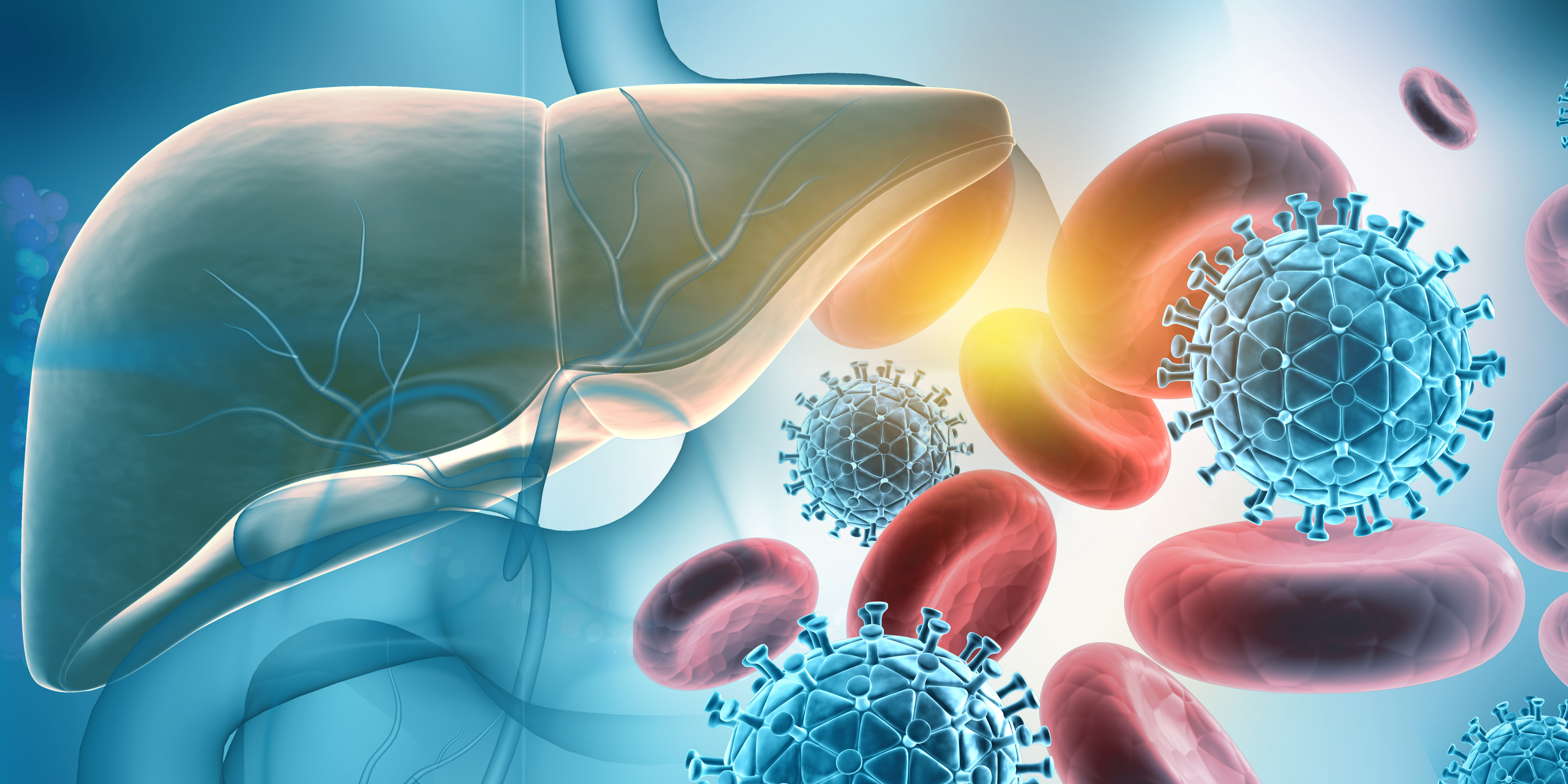Communicable Diseases
Hepatitis C
Dallas County Health and Human Services - 2377 N. Stemmons Freeway, Dallas, TX 75207
Telephone: 214-819-2000

What is Hepatitis C?
Hepatitis C (HCV) is a liver infection that is caused by the hepatitis C virus. HCV can be either a short-term (acute) or a long-term (chronic) illness. Some people’s bodies will be able to spontaneously clear their HCV infection; however, those who do not clear the infection will develop chronic HCV. Chronic HCV can last a lifetime and without treatment, chronic HCV can cause liver cancer or severe liver disease that can lead to liver failure and possibly death.
How does hepatitis C spread from person-to-person?
- HCV is spread when the blood of a person infected with HCV gets into the bloodstream of another person.
- Possible transmission routes include:
- Sharing needles.
- Sharing personal items (such as razors, toothbrushes, nail clippers, and glucose monitoring systems).
- Receiving unregulated tattoos or piercings.
- Needle stick accidents.
- Through high-risk sexual behaviors.
- Possible transmission routes include:
Can a person spread hepatitis C without having symptoms?
- If you are infected with HCV, you can spread it to others even if you feel fine and have no symptoms.
What are the symptoms of hepatitis C infection?
- The majority of people newly infected with HCV do not have symptoms. People who experience symptoms will typically start to feel sick 2-12 weeks after exposure to HCV. Symptoms can include:
- Yellow skin or eyes (jaundice).
- Not wanting to eat.
- Upset stomach.
- Throwing up.
- Stomach pain.
- Fever.
- Dark-colored urine.
- Light-colored stool.
- Joint pain.
- Feeling tired.
Who should get tested?
- The CDC recommends testing if you:
- Are 18 years of age and older (get tested at least once in your lifetime).
- Are pregnant (get tested during each pregnancy).
- Currently inject drugs (get tested regularly).
- Have ever injected drugs, even if it was just once or many years ago?
- Have HIV.
- Have abnormal liver tests or liver disease.
- Are on hemodialysis.
- Received donated blood or organs before July 1992.
- Received clotting factor concentrates before 1987.
- Have been exposed to blood from a person who has hepatitis C.
- Were born to a mother with hepatitis C.
How do I know if I have hepatitis C?
- The only way you can know if you have HCV is to be tested. A blood test is necessary to determine if you have HCV. There are two types of blood tests: HCV antibody test and HCV RNA/NAT.
- If you have a nonreactive or negative antibody test, that means you have never been infected with hepatitis C.
- If you have a reactive or positive antibody test, that means you have been infected with hepatitis C virus at some point.
- If the antibody test is reactive, you will need an additional test to determine if you currently have hepatitis C. This test is called a nucleic acid test (NAT) for HCV RNA. It is also a blood test. A negative HCV RNA test result means that you were infected with hepatitis C virus, but the virus is no longer present in your body because you have either been cured or spontaneously cleared the virus naturally.
- A positive HCV RNA means that you have the virus in your blood. This means you have an active infection.

What to expect when getting tested for hepatitis C?
- Hepatitis C testing involves either a simple fingerstick or blood draw.
- The type of testing available will depend on the clinic.
- Rapid results can show results in as little as 20 minutes.
- Traditional testing methods may take several days to a few weeks to get results.
Where can I be tested for hepatitis C?
- You can request testing to be done with your healthcare provider.
- Initial screening tests are available at the health department by appointment only.
- Screening tests are $35. Please call 214-819-2004 to schedule your appointment.
- Online Resources
- FindHelp: https://www.findhelp.org/
- Hepatitis C Testing Locations: https://gettested.cdc.gov/search_results?location=dallas
Can hepatitis C be treated?
- Yes! Hepatitis C treatment is very effective and can be as simple as taking one pill daily for 2-3 months. Most people have little to no side effects from treatment medication. Speak with your healthcare provider if you are interested in starting treatment.
- FindHelp: https://www.findhelp.org/
Is there a vaccine that can prevent hepatitis C?
- Currently, there is no vaccine to prevent hepatitis C.
How can I protect myself from getting hepatitis C?
- The best way to prevent hepatitis C is to avoid behaviors that can spread the virus. You can help prevent hepatitis C transmission by:
- Practicing safe sex with a condom.
- Not sharing toothbrushes, razors, or items that can break skin.
- Using sterile syringes and injection equipment to prepare and inject steroids, hormones, and other substances.
- Using sterilized equipment for tattoos and piercings.
- Wearing gloves if you must touch anyone else’s blood.
How do I report hepatitis C cases to the health department?
- General Reporting Form
- Acute hepatitis C is a notifiable condition in the state of Texas. Please send all hepatitis related labs and medical records to our secure fax: 214-875-2580
- Communicable Diseases Email: Epidemiology@dallascounty.org
For Providers:
CDC Serology Training
For Patients:
Fact Sheet (English)
Fact Sheet (Spanish)
Hepatitis C Information for Gay and Bisexual Men
Hepatitis C & Injection Drug Use (English)
Hepatitis C & Injection Drug Use (Spanish)
Hepatitis C Testing Locations
Hepatitis C Treatment Locations
Alcohol & Substance Use Prevention
QUICK LINKS
LOCATIONS
EMPLOYEES
-
You must be on the network to see these links.

